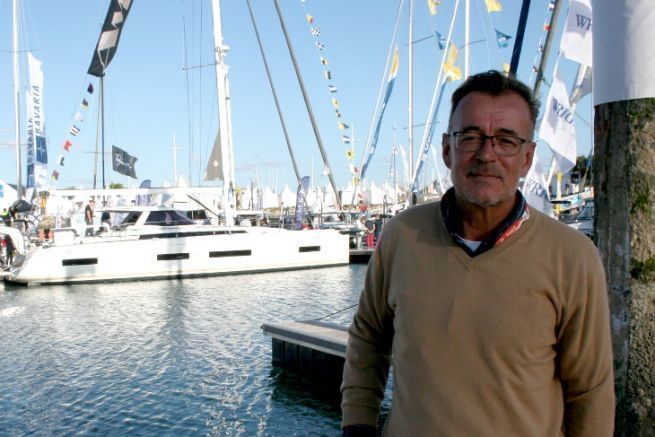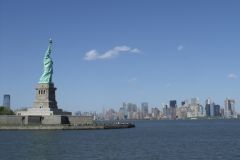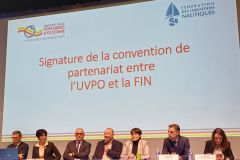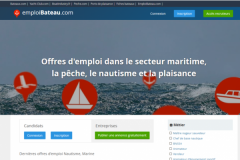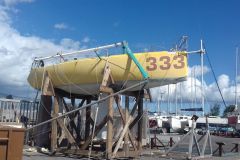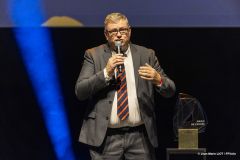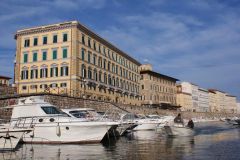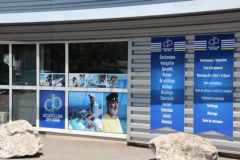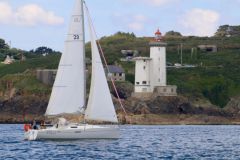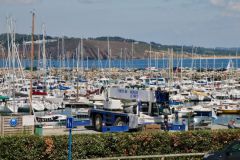A long-time sailor and active regatta competitor in associations, Jean-François Thau joined the nautical industry professionally in 2017 by setting up his structure Seecob, through which he accompanies companies such as the Chantiers des Ileaux. He is also one of the founders of Mer Angels, a business angels structure in the maritime sector. Director of the Confédération du Nautisme et de la Plaisance (CNP) for several years on behalf of yachting associations, he was elected secretary general of the structure in September 2021.
Could you first remind us in a few words what the CNP is?
The CNP brings together 23 organizations related to the sea and yachting: sports federations, 95% of port organizations, the Federation of Nautical Industries (FIN), user associations and yacht clubs, representatives of the river industry, as well as medium and large yachts. It is a question of creating a unique interlocutor for the General Secretariat of the Sea. There is a President (Editor's note: Yves Lyon-Caen, President of FIN and director of the Bénéteau Group), a Secretary General, a Board of Directors and 5 working groups.
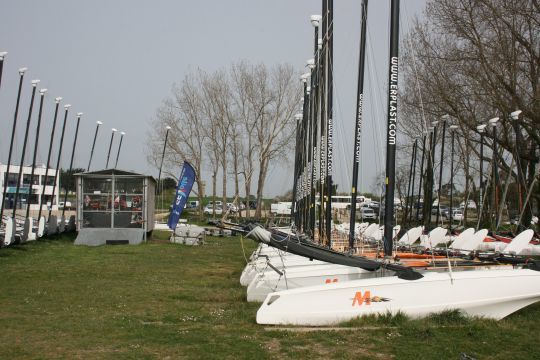
As the new Secretary General since September 2021, what is your mission?
The objective that Yves Lyon-Caen has set me is to lead a platform for boating and yachting in view of the 2022 presidential election, to be submitted to all the candidates for the election, so that they commit themselves. I am working on it with our members. In a second phase, we will have to make sure that the team that will be elected keeps its commitments.
What are the avenues and themes you are thinking about?
There is a lot of room for improvement. The main issues must be grouped together in a transversal manner. We need to take the points one by one and formulate concrete proposals that the field can identify with, that are measurable and quantifiable over time. The work on the AOT (Autorisation Occupation Temporaire) best practice guide is a good example of the CNP's success to be reproduced. It ensures that marinas do not have the right of life or death over companies.
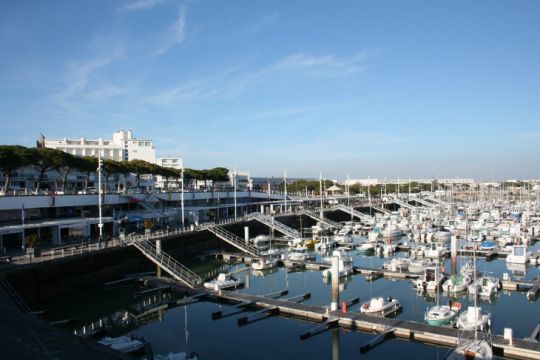
We can cite 4 main themes: sustainable development, youth, simplification and acculturation to yachting. Within this, there is the consolidation of local and regional industries, access to the sea, the conditioning of young generations. There is a challenge of transmitting values by adapting the offer. For example, it is necessary to work on the convergence of diplomas between federations to facilitate the life of the nautical bases and to allow someone to do sailing and kayaking with the same diploma. To reduce the pressure of boating, we could imagine reworking a 12-mile coastal license, for example, to reduce the density of navigation. There are many ways to work.

